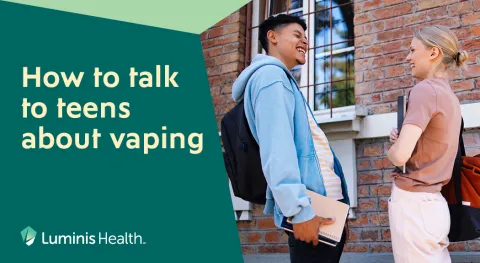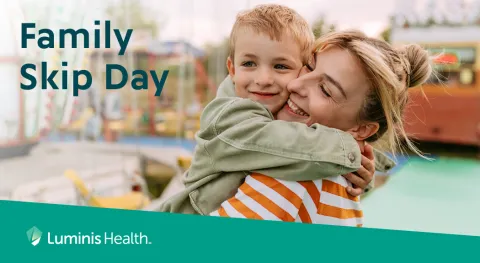by Luminis Health
Due to anticipated winter storm impacts, all Luminis Health outpatient offices and services will open at 9:00 a.m. on Monday, February 23. Patients with appointments scheduled before 9:00 a.m. will be contacted directly to reschedule. We encourage everyone to travel safely and allow extra time for road conditions.
Effective January 20, 2026, masks are encouraged for all staff, patients and visitors at all Luminis Health locations and will remain encouraged through the end of the influenza season. Thank you for your patience as we continue to care for our community.





